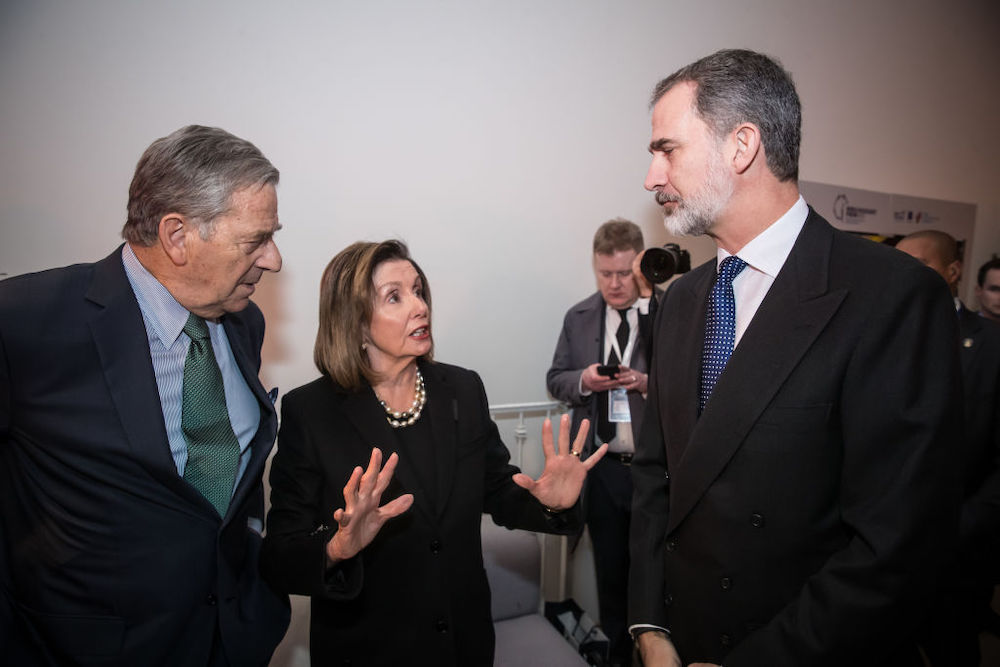- The World Economic Forum’s call for companies to have a broader mandate than just profit-making will be tested by the pandemic.
- Companies that use crisis to reinvent themselves will come out of the crisis in better shape, digital lead at risk-management company Willis Towers Watson says.
- The World Economic Forum sees the pandemic as a test on whether companies can work together to solve global crises including climate change.
The World Economic Forum this year unveiled a new manifesto calling on companies to move beyond mere profit-making to serve their communities, workers and the environment as well. The coronavirus pandemic may be the first test of whether that call was heard.
The forum released a series of “stakeholder principles” for companies to follow when managing the economic impact of the deadly COVID-19 that has killed almost 73,000 people and infected more than 1.2 million worldwide. They said companies should work to keep employees safe and supply chains open, maintain fair prices and support government action with resources and maintain their long-term viability.
This is a real test for the stakeholder concept which the Forum and its members are committed to,” Klaus Schwab said in a statement also signed by business leaders including Bank of America CEO Brian Moynihan and Jim Snabe, chairman of Siemens and Maersk. “If we do not pass it, the world will disintegrate, and be incapable to deliver on all the other challenges we have as an interconnected society, such as climate change and social inclusion.”
The new manifesto calling for companies to accept a broader mandate appeared to resonate with the movers and shakers who gathered in Davos in January. A survey of more than 1,000 attendees before the meeting cited failing to act on climate change as the world’s No. 1 danger, the latest indication that a wide range of the powerful had come to grips with the fact that they can no longer ignore economic impacts on society and the environment.
Individual businesses have been responding to the pandemic in ways that follow the forum’s call. Some have revamped their production lines to provide medical and hygiene supplies, while others have offered free access to their online platforms. Kroger, Tyson Foods and AT&T are among the many companies that have announced bonuses for their employees.
There are three major trends emerging in how companies are reacting to the crisis, George Zarkadakis, digital lead at risk-management company Willis Towers Watson, told Karma. One group is the hardest hit, like airlines, that are just fighting for survival.
A second group of companies is “trying to keep things as they are in the hope to resurface at the other side of the pandemic and continue business as usual,” he said in emailed comments. “I do not think that leaders in those companies have made a correct assessment of the size and meaning of this crisis.”
Then there are the companies that appear to be following the forum’s mandate to become better global citizens. They are going to use the crisis to reinvent themselves, teach their workforces new skills, become more digital and be ready for the world that will emerge from the pandemic, said Zarkadakis, whose upcoming book, Cyber Republic, focuses on artificial intelligence’s impact on the global economy.
“These companies are also repositioning their purpose and strategies towards resilience, sustainability and social responsibility,” Zarkadakis said. “I expect this third category to be the winners in the post-pandemic world.”
Photo by Getty Images






















